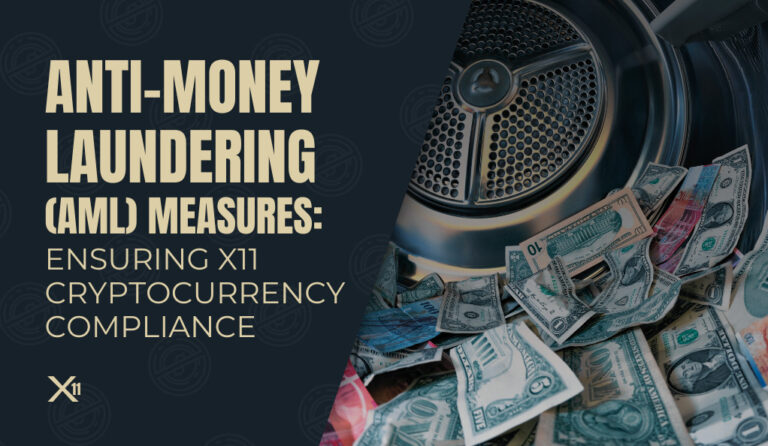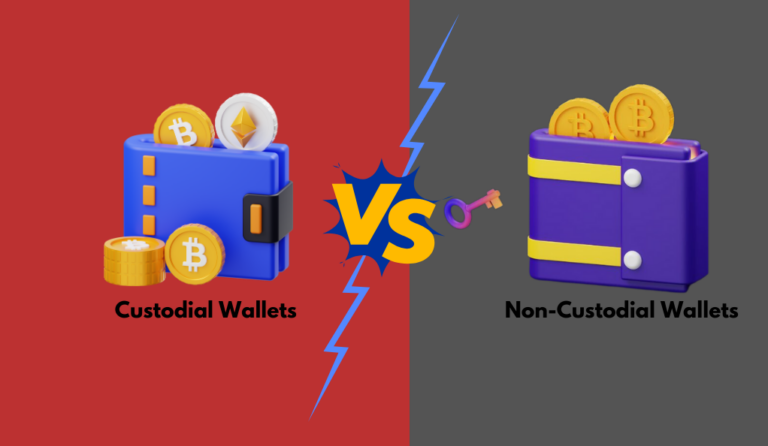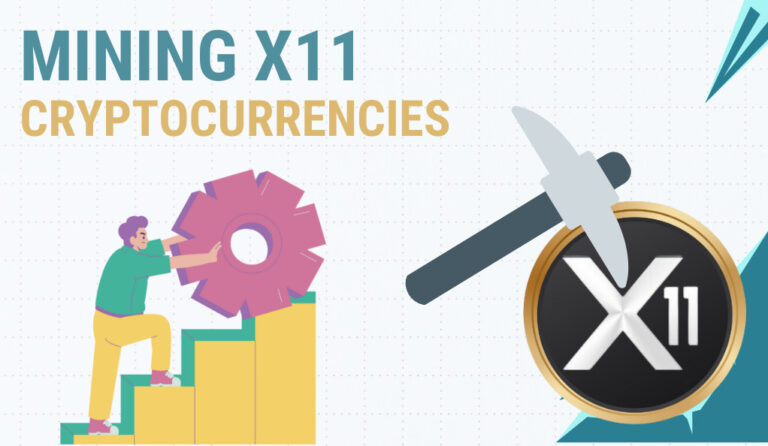Cryptocurrencies have taken the financial world by storm, and Dash, with its unique features and functionalities, has emerged as a notable player in this digital landscape. However, the decentralized and borderless nature of cryptocurrencies has led to a complex regulatory landscape worldwide. Navigating through the regulatory maze and understanding the tax implications associated with Dash and other cryptocurrencies can be a daunting task. In this article, we’ll delve into the challenges and opportunities surrounding Dash’s regulatory and tax considerations across various global jurisdictions.
In recent years, cryptocurrencies like Dash have gained significant popularity due to their potential to revolutionize traditional financial systems. Dash, with its focus on fast and low-cost transactions, has attracted users seeking efficient cross-border payments and private transactions. However, this innovation comes with challenges related to how cryptocurrencies fit into existing regulatory frameworks and tax structures.
Understanding Cryptocurrency Regulations

Different Regulatory Approaches Worldwide
Cryptocurrency regulations vary widely across different countries. Some nations have embraced cryptocurrencies, recognizing their potential for economic growth and innovation. Others have taken a cautious approach, citing concerns about consumer protection and financial stability.
Evolving Definitions of Cryptocurrencies
Regulators worldwide are still grappling with how to define and categorize cryptocurrencies. Is it a commodity, a currency, a security, or an entirely new asset class? The lack of consensus on this matter adds to the complexity of Dash’s regulatory landscape.
Dash’s Features and Regulatory Classification
Decentralization and its Impact on Regulation
Dash’s decentralized nature, facilitated by its masternode network, challenges traditional regulatory structures. The absence of a central entity controlling Dash makes it difficult for regulators to apply conventional control mechanisms.
Privacy Features and Concerns for Regulators
Dash’s focus on privacy, achieved through features like PrivateSend, has drawn both users and regulatory scrutiny. Regulators worry that such features might enable illicit activities, prompting discussions about striking a balance between privacy and accountability.
Taxation of Dash and Other Cryptocurrencies

Categorization for Tax Purposes
Taxation of cryptocurrencies often hinges on their categorization as property, currency, or something else. This classification affects how individuals and businesses are taxed when using Dash for transactions or investments.
Tax Reporting and Compliance Challenges
Cryptocurrency taxation requires accurate reporting of transactions and capital gains. However, the decentralized and pseudonymous nature of Dash poses challenges in tracking and reporting transactions, leading to potential compliance issues.
Jurisdictional Differences in Regulation and Taxation
Cryptocurrency-Friendly Countries
Certain jurisdictions have positioned themselves as cryptocurrency havens by offering favorable regulatory environments. These countries attract blockchain startups and investors looking for friendlier tax treatment and regulatory clarity.
Jurisdictions with Stringent Regulations
Conversely, some countries have imposed stringent regulations on cryptocurrencies due to concerns about money laundering, fraud, and consumer protection. Operating in such jurisdictions requires careful adherence to compliance standards.
Navigating Regulatory Challenges for Dash Users

Anti-Money Laundering (AML) and Know Your Customer (KYC) Compliance
To address regulatory concerns, some Dash exchanges and service providers implement AML and KYC procedures. This introduces a layer of traditional financial regulation to the otherwise decentralized world of cryptocurrencies.
Dealing with Uncertainty and Ambiguity
The evolving nature of cryptocurrency regulations means that users and businesses dealing with Dash must navigate uncertainty and ambiguity. Staying informed about regulatory developments becomes crucial to avoid legal pitfalls.
Future Trends: Regulatory Outlook for Dash
Potential for Global Standardization
As cryptocurrencies continue to gain mainstream attention, there’s a growing call for global standardization of regulations. This could provide much-needed clarity for Dash users and businesses operating across borders.
Integration of Cryptocurrencies into Traditional Finance
The integration of cryptocurrencies into traditional financial systems could lead to more comprehensive regulatory frameworks. Dash’s adoption in mainstream finance may require collaboration between crypto advocates and regulators.
Conclusion
Navigating the regulatory and tax landscape of cryptocurrencies like Dash is a multifaceted challenge. As Dash continues to innovate and expand its user base, both regulators and users must work together to find common ground that ensures innovation while addressing concerns. Staying informed, seeking legal advice, and fostering open dialogue will be key to unlocking the full potential of Dash and the broader cryptocurrency ecosystem.
FAQs
Dash’s legality varies by jurisdiction. Some countries embrace it, while others impose restrictions.
Dash transactions may incur capital gains tax, similar to other assets, depending on local regulations.
While Dash itself is a neutral tool, its privacy features have raised concerns about potential misuse.
Dash’s regulatory landscape will evolve, potentially becoming more favorable as awareness grows.
Dash’s future lies in its ability to find synergy with traditional finance, potentially reshaping the industry.
At axerunners.com, our goal is to furnish well-rounded and trustworthy information regarding cryptocurrency, finance, trading, and stocks. Nonetheless, we avoid providing financial advice and instead encourage users to conduct their own research and meticulous verification.
Read More













+ There are no comments
Add yours